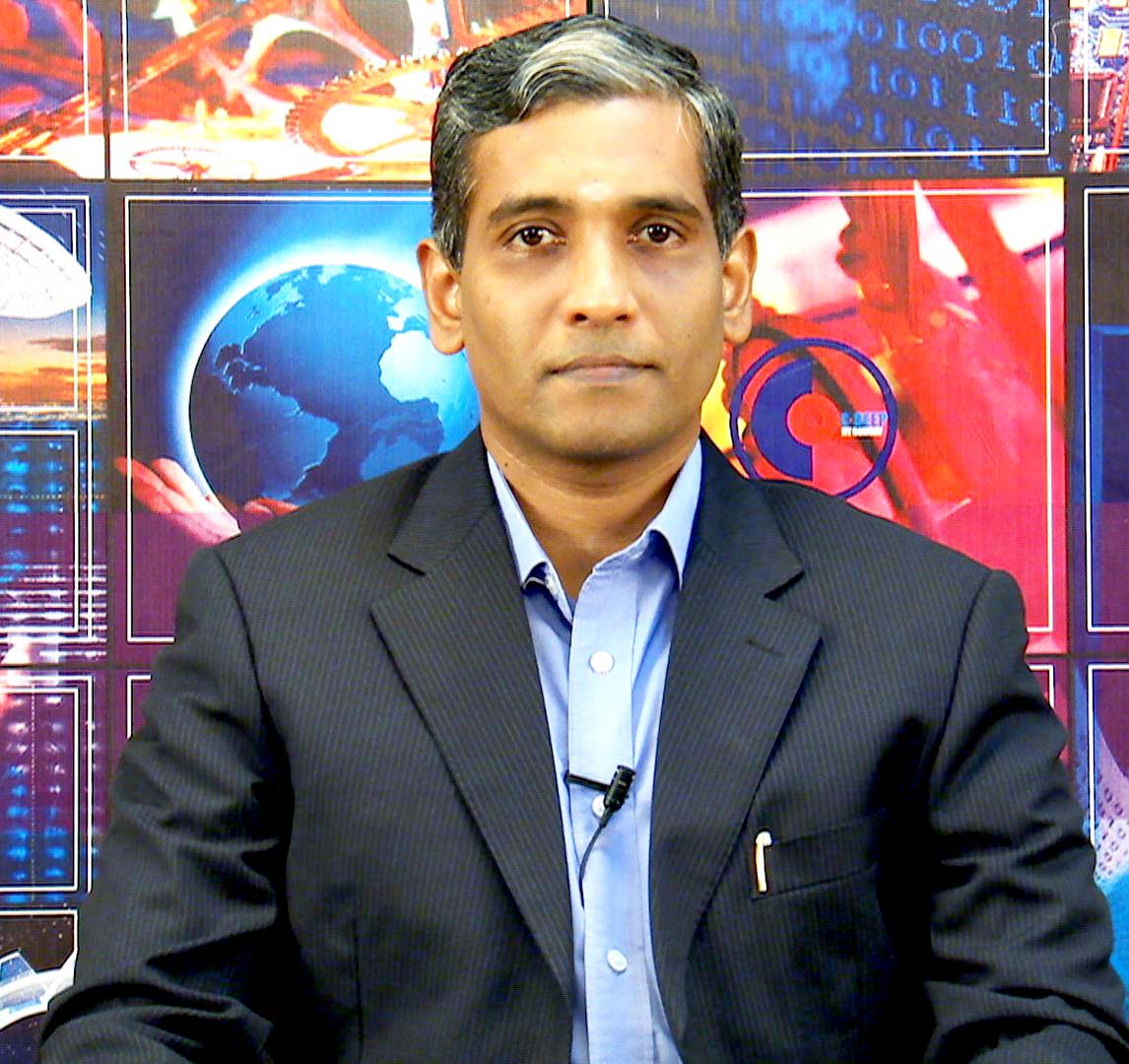Multiphase catalytic and non-catalytic reactors are ubiquitously found in chemical, biochemical and petrochemical industries for manufacturing variety of useful products. Effective design of such reactors for improved productivity requires detailed understanding of the underlying principles that govern their functioning. This second level course on chemical reaction engineering will extensively cover design of fluid-solid catalytic and non- catalytic reactors. Moreover, residence time distribution is an important aspect that is often used for various fault- diagnosis purposes. This course also covers various aspects of RTD and its applicability in designing non-ideal reactors. The material covered in this course will build on the basic topics of the first level chemical reaction engineering course.
INTENDED AUDIENCE : Chemical Engineering, Energy Engineering, Environmental Engineering, Petrochemical engineering, Biotechnology
PREREQUISITES : Linear algebra, First course in reaction engineering, Heat and mass transfer
INDUSTRY SUPPORT : Reliance, HPCL, BPCL, RCF, Other chemical, pharmaceutical and petrochemical companies

DOWNLOAD APP
FOLLOW US